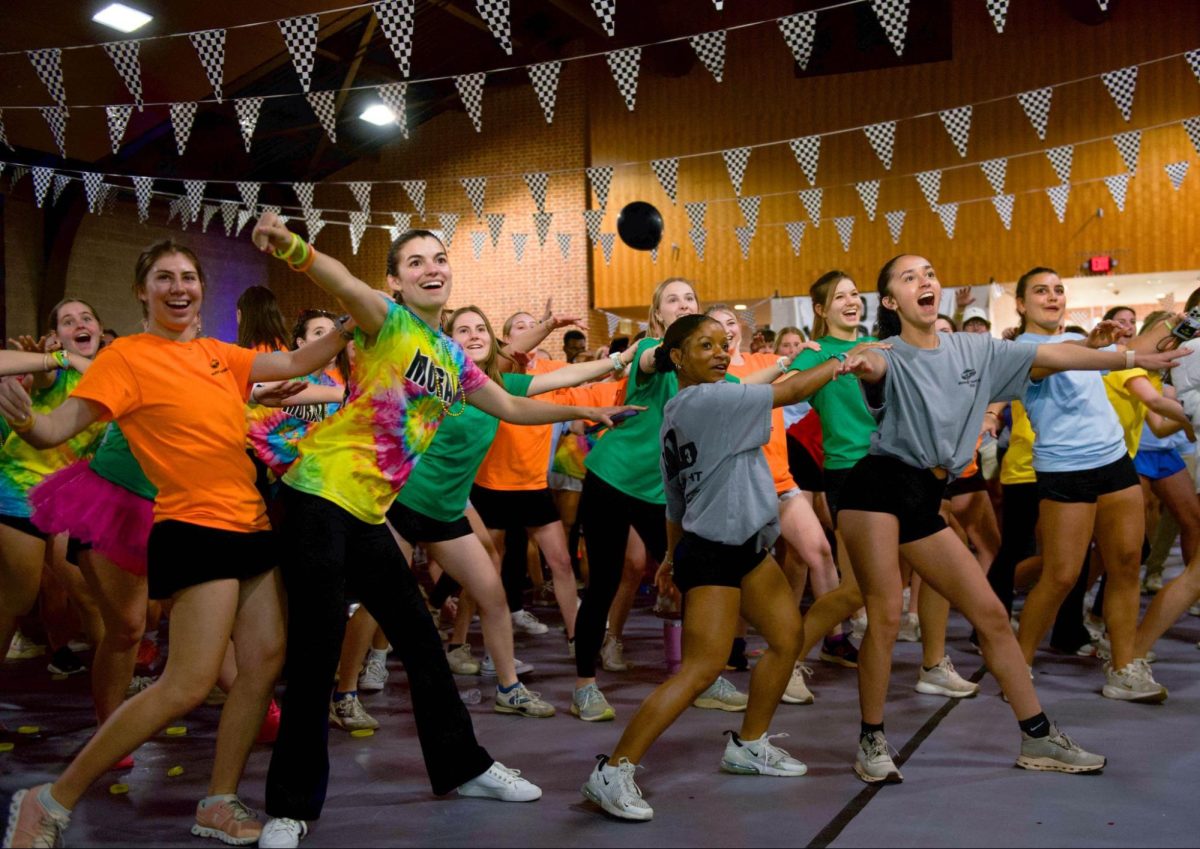Nervous chatting is as old as humanity, though with time it’s grown exponentially. I can’t imagine much filler on the tundra, or across the great plains, and I’m fairly sure the only caveman steeped in lifeless dialogue belongs to Geico. But filling social space with inane banter about the weather, sports or mother’s mush has helped jittery people seem engaged, curious or otherwise amenable at least since the dawn of dinner parties. We stuff limp air with faux-energy to avoid pause, to paddle feebly toward the stables shores of a good conversation. But the effort always starts to ache, and our minds often downshift into mindless response. Nervous chatting is a kind of double doggerel — arrhythmia both physical and audible. It can be nearly as painful as holiday cards to see a body blush at its produce, our only available response a face-wrinkling grimace. All bad art is sincere, Oscar Wilde said, and conversation is an art, the sincerest version being nervous chatting.
But has the internet, specifically social media, debased us further? Now, armed with encyclopedias, nervous chatting achieves the illusion of complexity. If there was a former comfort embedded in our template of platitudes, there’s now a terror endemic to our delimited drivel. Patience and creativity have retreated, and in their place grows a vineyard of choice deflections. The available exits the phone provides has become an all-time-great crutch for those wishing to avoid interchange. But the handheld computer has also created a greater anxiety toward speech, since it allows it to stay dormant for so long. I’m guilty of it myself, though I’m feebly trying to improve. The phone stays in my pocket before class begins, or during small breaks in things, the sad result of which makes my searching eyes look more like those of a disturbed daydreamer than an approachable partner. My problem has always lived in shy, lurching silence, though, rather than cascading inanity. It’s not better (well, sometimes it is better. Sometimes they can’t tell if you’re cripplingly shy or a highly selective poet), it’s just different.
Just like doing nothing is still an act, saying less, saying nothing, or pausing between saying little, is a happening.”
Though our sanctioned distraction helps us evade one another, it inflames our nerves by claiming a darting consciousness. Rowing swiftly among the digital eddies has thinned speech into wild citation, at its worst, or at its best an updated version of non-stop interrogation presenting as interest. Whereas before there were limited options (and so, inevitable silences) there’s now no limit to filler. As nervous chatting morphs into antsy living, silence and boredom appear germane only to hermits and monks. We have assimilated the internet’s short-attention span into an existential tone, and ideation gets run through the wood-chipper. Reddit feeds us on pellets of information, and those sweet-seeming nothings have evolved nervous chatting into protean nervous chatting, adaptable nonsense that bloats silence out of existence. Splintered attention congeals into facile creation, numb to the ambling richness of good conversation. By further diminishing speech-activity, consciousness bonsais in a mess of gaudy non-sequitors.
Subtle conversation comes from a jazzy, adaptive brain, able to take in words and spin a response with personal ethos and style. It mingles words with person in a kind of song, and implicitly compels your companion to contribute a bar. The internet subtracts that complex cognition and adds its encyclopedia of pivots — all one-note dead-ends, invading others and wearing the mask of intelligence. But conversation is as much an exercise in withholding as it is a superabundant flood. It’s a tide of sharing, a back-and-forth based on thematic continuity, animated by a parrying intellect working with style and content, not just tiny shocks of sound.
The curvature of a conversation is as vital as its skeleton. Just like doing nothing is still an act, saying less, saying nothing, or pausing between saying little, is a happening. It embeds speech in the authentically human, and creates a conversational aesthetic, something our great machines will never be able to feel. But if you don’t believe me, here’s Robert Frost: “I was under twenty when I deliberately put it to myself one night after a good conversation that there are moments when we actually touch in talk what the best writing can only come near.” It’s not a wrong note, it’s jazz.



![Patrick Culhane of Worcester holds his dog Mia's leash as he talks with Town Adminstrator Mike Nicholson and Rutland Selectman Jeff Stillings near a closed gate in the trail system in Rutland State Park on Tuesday. [T&G Staff/Christine Peterson]](https://wfuogb.com/wp-content/uploads/2020/02/Conversation-900x611.jpg)












